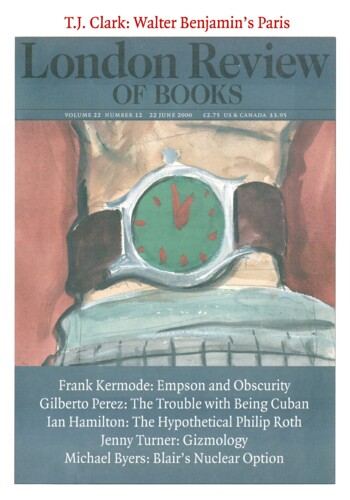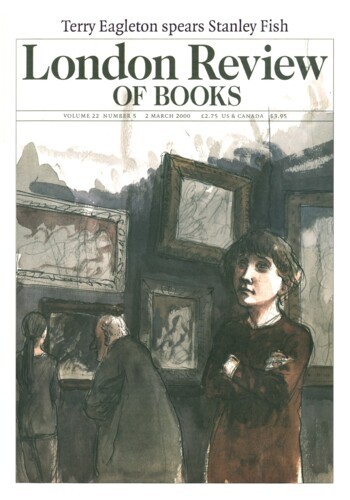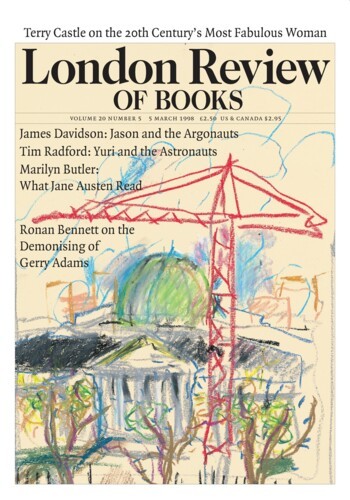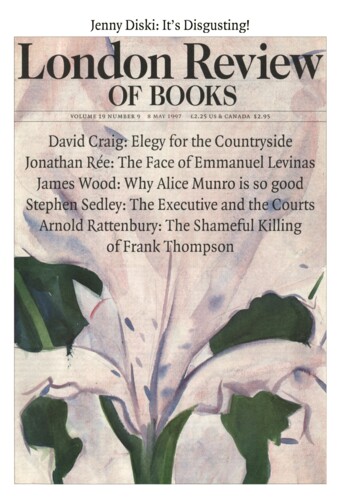More than a thousand pages long and the fruit of a decade’s work, The River amounts to something more than the attempt to track down the source of Aids. It is, in fact, three books rolled into one. The investigation advertised by the title is, of course, of the highest significance. It was in 1981 that attention was first drawn to the condition, as evidence mounted that gays in New York and California were falling victim to illnesses like pneumocystis carinii pneumonia (PCP) and Kaposi’s sarcoma, rarely seen in otherwise healthy young people. A number of theories were proposed as to its origins, some unscientific (‘the wrath of God’), and others (homosexuality or Haitians) generally discredited once the human immunodeficiency virus had been isolated.‘
The River: A Journey Back to the Source of HIV and Aids by Edward Hooper. More than a thousand pages long and the fruit of a decade’s work, The River amounts to something more than the attempt to track down the source of Aids. It is, in fact, three books rolled...





